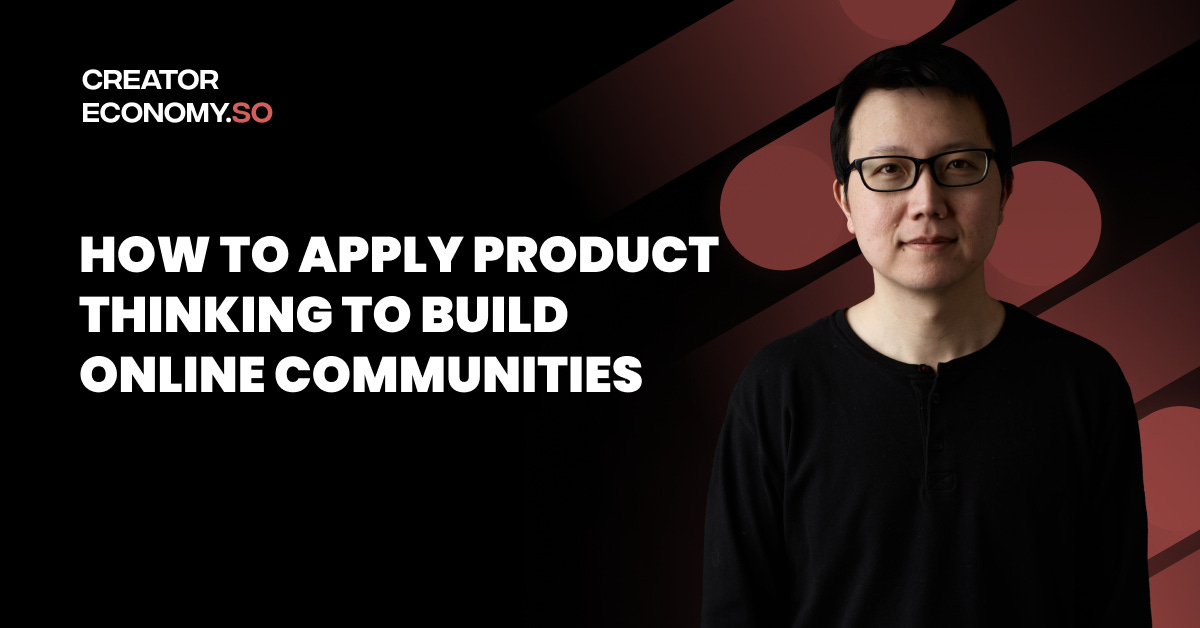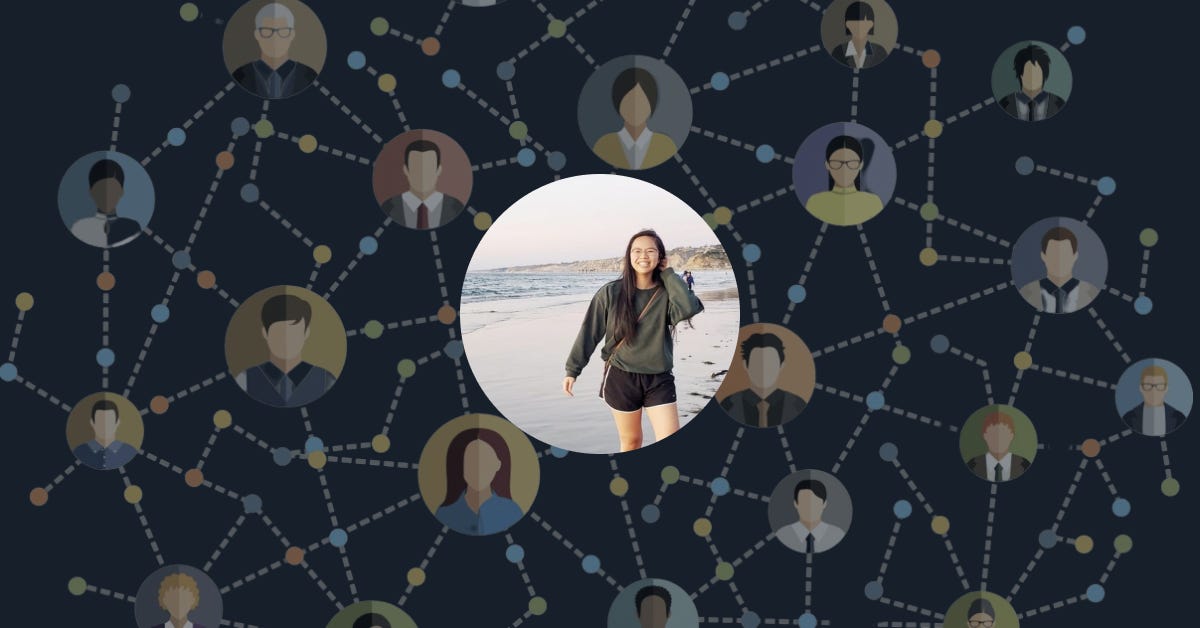How to Apply Product Thinking to Build Online Communities
Growing a community is similar to growing a product
Dear subscribers,
Is growing an online community similar to growing a product?
To find the answer, I interviewed Jen Lee, a friend who has managed countless Discord communities and also helped Justin Kan grow his YouTube channel to 100K subscribers in 5 months.
In the interview below, I talked to Jen about how she:
Applies product thinking to build online communities
Expects the community space to evolve
How to apply product thinking to build online communities
Do you have any advice on building a community from scratch?
Like growing a new product or company, you have to do things that don’t scale in the beginning. I think it’s important to:
Give new members great onboarding
Seed the community with great content
Focus conversations on a few channels
Let’s start with #1. How do you onboard new members to a community?
I DM every person that joins to personally welcome them and ask them what they’re looking to get out of the community. This helps me:
Better understand what each member wants. I could then tag relevant members in community conversations.
Build a relationship with new members. They would often be delighted that I took the time to DM them and I would then encourage them to post.
I can see how welcoming members personally can make a big difference. How did you seed the community with great content?




